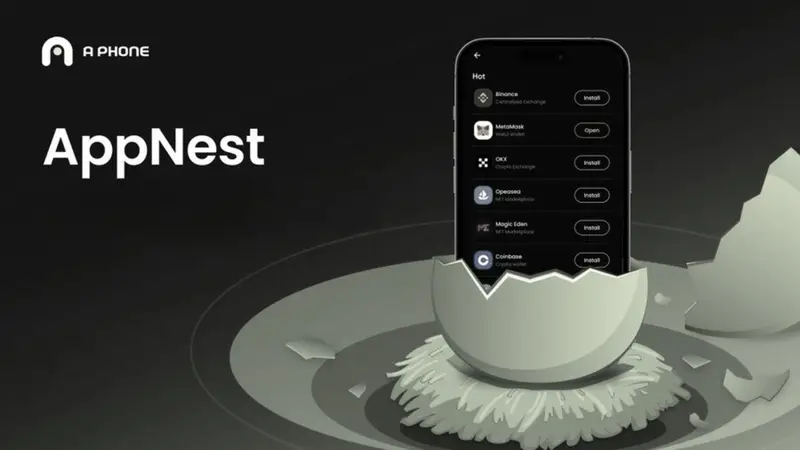APhone Launches Decentralized App Store AppNest

APhone has unveiled its new decentralized app store, AppNest, which is set to revolutionize the mobile app market by offering a free and open platform for developers to host and manage their applications. Unlike traditional app stores like Google and Apple, which charge up to 30% in fees, AppNest allows developers to host their apps for free, fostering an environment that is less restrictive and more inclusive. The platform supports a wide range of applications, including blockchain-focused and traditional Web2 apps, providing users with an ‘outside the box’ experience that transcends geographical and economic barriers. AppNest’s diverse offering includes popular Web3 games and apps, as well as mainstream Web2 applications like WhatsApp and Instagram. APhone, a cloud-based smartphone, leverages decentralized cloud computing infrastructure powered by Aethir, an AI-focused GPU-as-a-service provider, ensuring enhanced security and protection for user data and digital assets.
Related News





